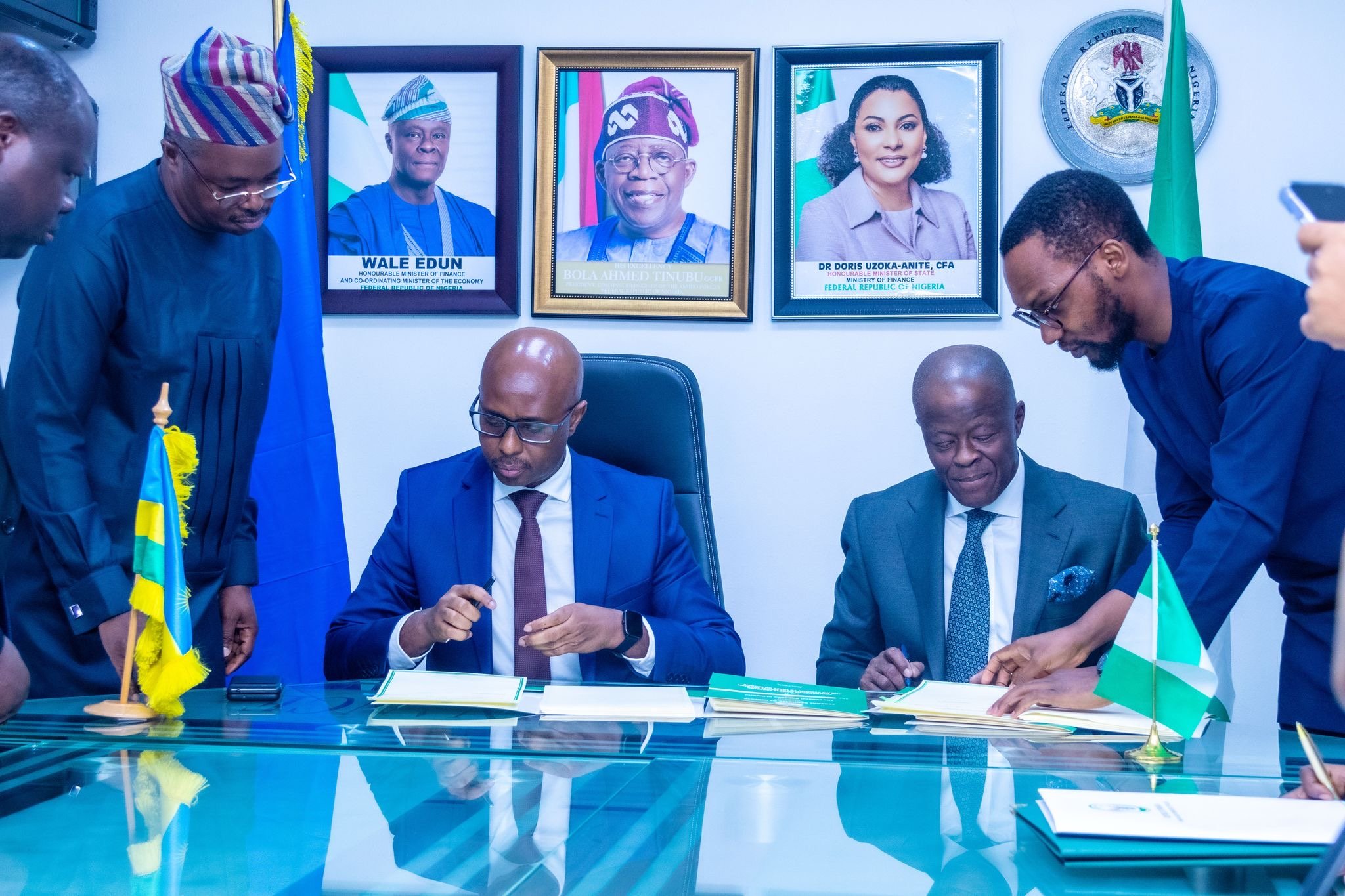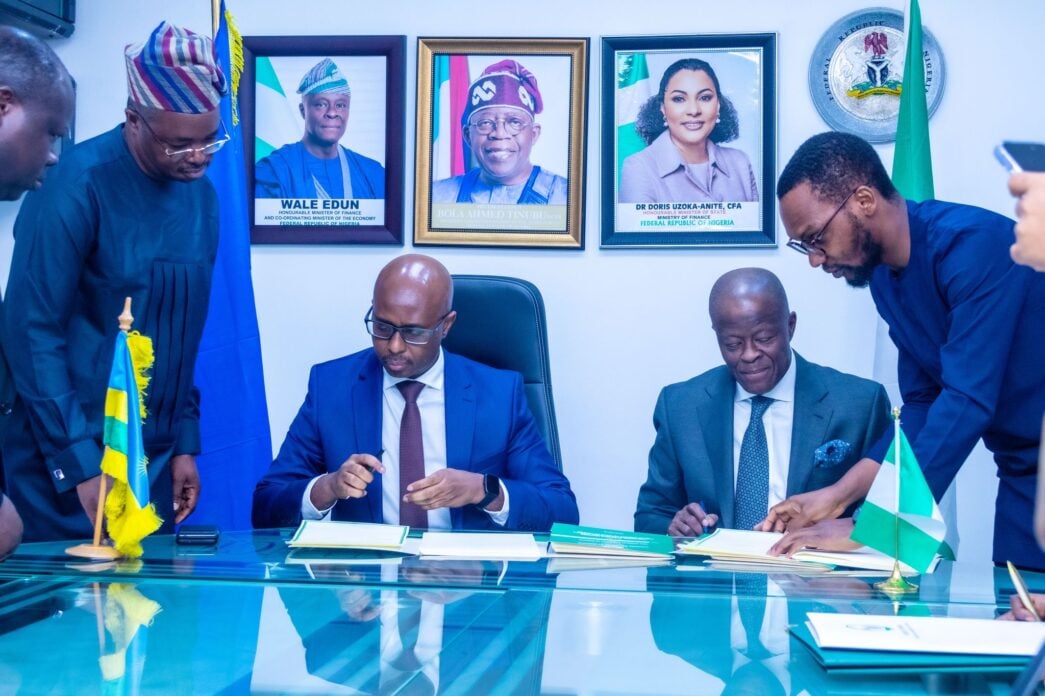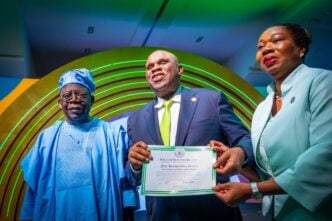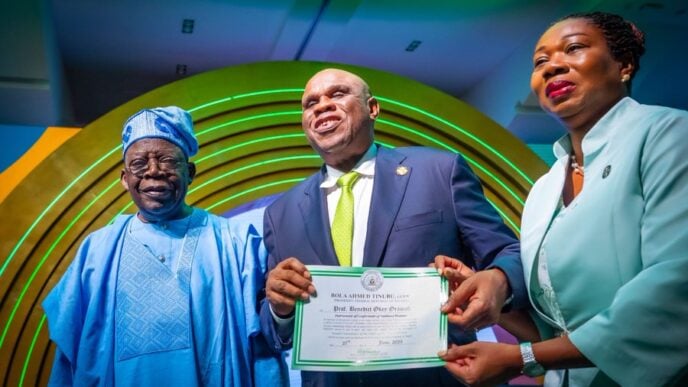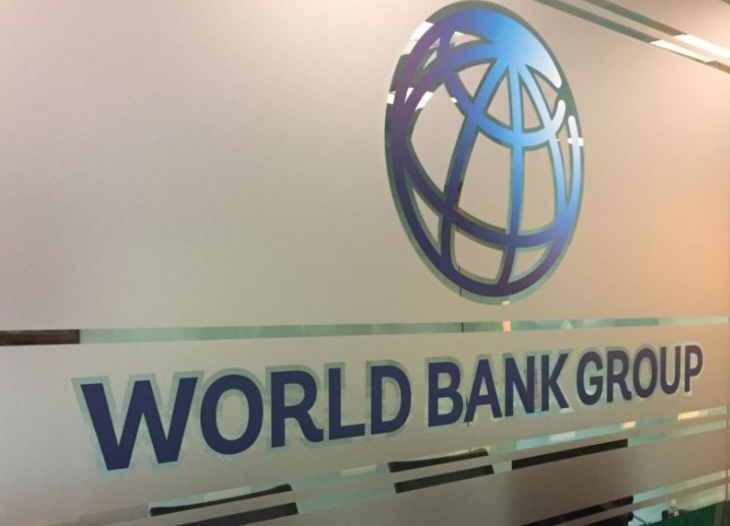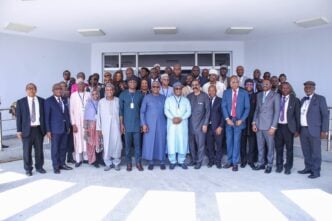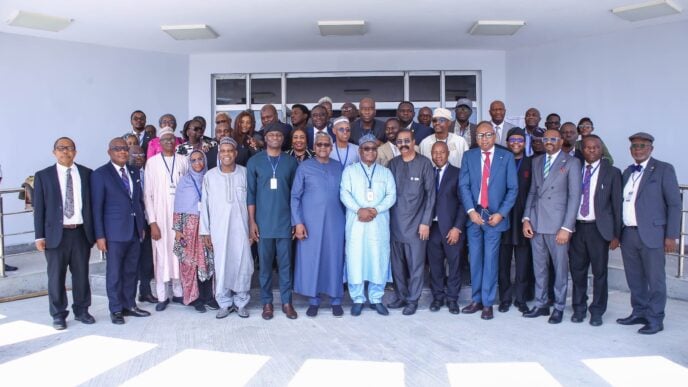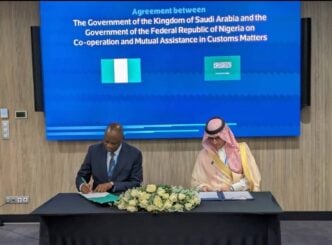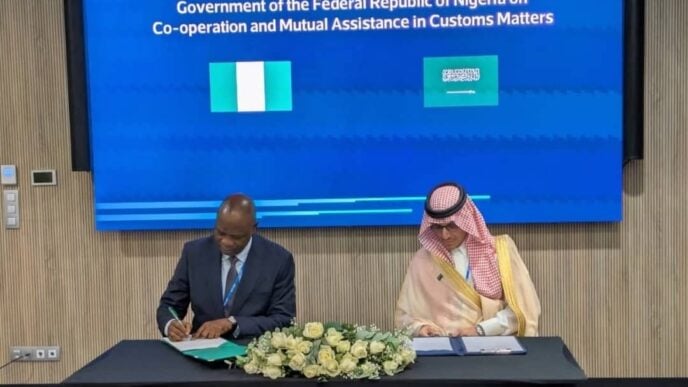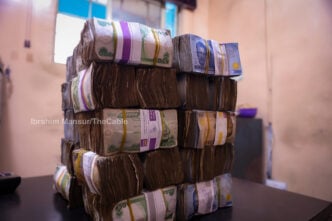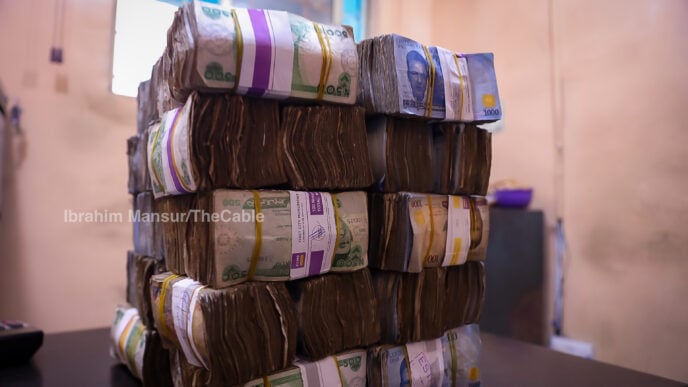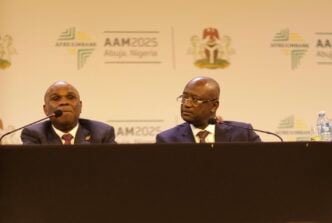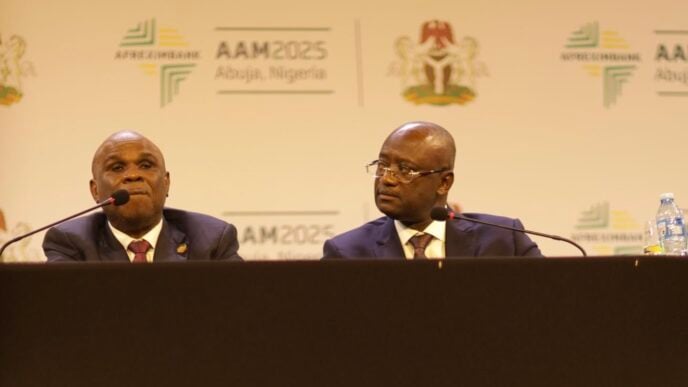Nigeria and the Republic of Rwanda have signed an agreement to eliminate double taxation and prevent evasion.
In a statement on Friday, the finance ministry said the agreement was signed in Abuja on the sidelines of the 32nd Afreximbank annual meetings (AAM).
Mohammed Manga, the director of information and public relations at the ministry of finance, said the move reinforces the commitment of the two nations to deepening economic cooperation and facilitating private sector-led growth across Africa.
Manga said the signing ceremony was presided over by Wale Edun, the minister of finance and coordinating minister of the economy, alongside his Rwandan counterpart, Yusuf Murangwa, minister of finance and economic planning.
Advertisement
Edun described the agreement as a “strategic milestone” following the passage of four tax reform bills in Nigeria.
“This agreement is a critical tool for promoting cross-border investment, ensuring tax certainty, and eliminating the risk of being taxed twice on the same income,” the minister was quoted as saying.
“The agreement supports our broader objective of unlocking private sector capital, accelerating intra-African trade, and positioning Nigeria as a competitive destination for investment under the African Continental Free Trade Area (AfCFTA).”
Advertisement
Manga said the treaty simplifies tax administration, improves transparency, and aligns Nigeria with global standards.
It also ensures that both governments can protect taxpayers, reduce loopholes, and combat fiscal abuse, he added.
The director said the agreement is expected to bolster confidence among investors operating in both countries, particularly in sectors such as technology, finance, agriculture, and logistics.
On his part, Rwanda’s finance minister said the agreement reflects the strong and long-term partnership between the two countries.
Advertisement
“This agreement is a testament to the strong partnership between Rwanda and Nigeria, and a critical step in creating a unified, investor-friendly Africa,” Murangwa said.
“We believe this will serve as a model for deeper regional integration and shared prosperity.”
According to the statement, both ministers acknowledged the dedication of their technical teams, whose professionalism and foresight shaped the framework for the outcome.
The director said the agreement cements bilateral tax cooperation and opens the door for enhanced trade, technology collaboration, and capital flows — laying the foundation for a more resilient, and integrated African economy.
Advertisement
